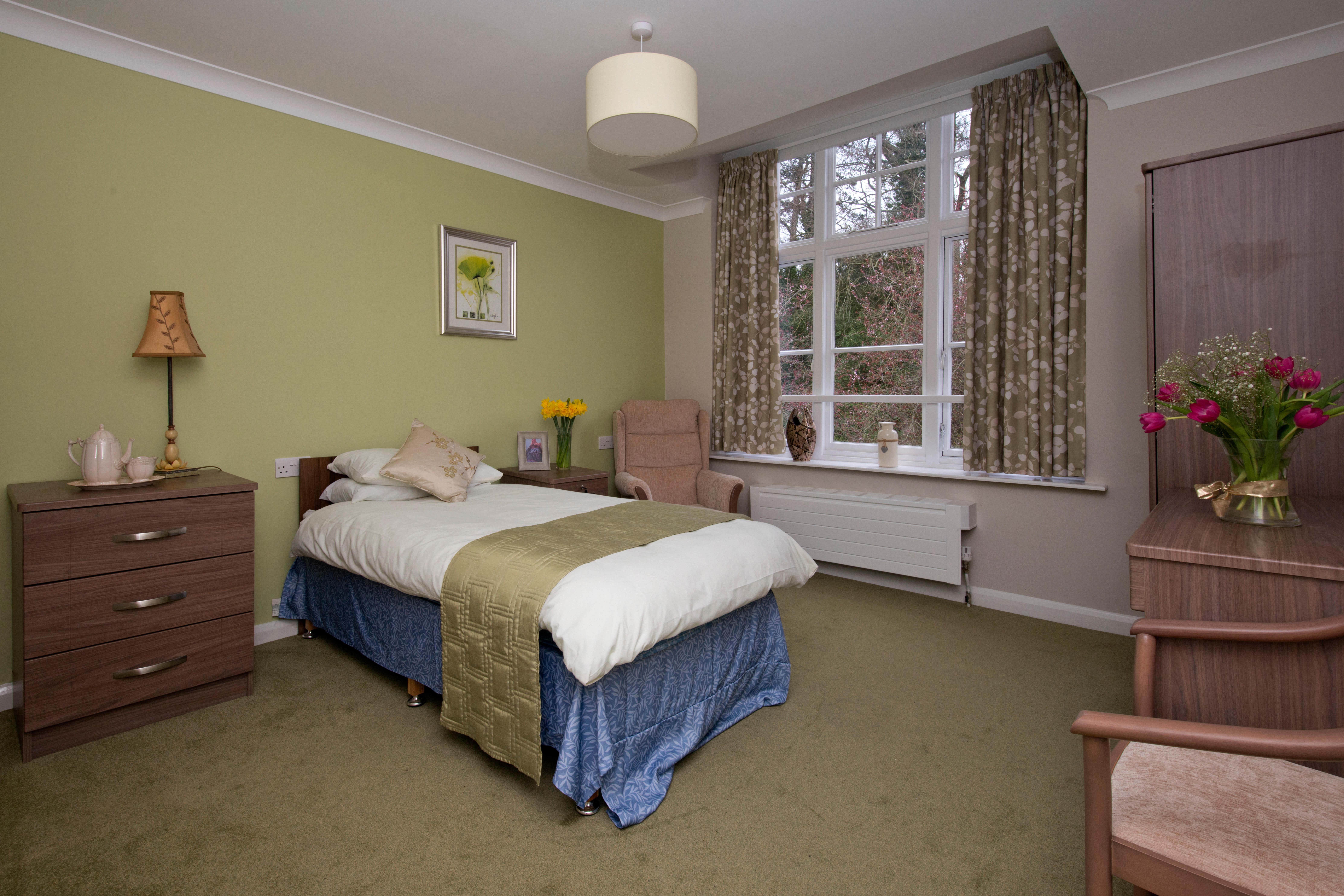Staffing ‘crisis’ means £200m extra care beds plan won’t work, health bosses warn
Government’s discharge funding could leave patients ‘stranded’ and ‘lost’ in care homes, experts warn

The staffing “crisis” in the home care sector means the government’s £200m discharging fund to tackle the NHS winter crisis will not work, care home bosses have warned.
Chronic understaffing has left homes with “beds but no staff” to take NHS patients on and home care services have been forced to reduce their support or give back contracts due, sector leaders have told The Independent.
The warning comes after health secretary Steve Barclay announced on Monday that the government would fund 2,500 care home beds this winter and spend £50m on building temporary wards outside of A&Es.
The move aims to reduce the number of people stuck waiting to be discharged from hospital beds and follows an emergency meeting between No 10, the Department for Health and Social Care and NHS leaders over the weekend.
‘Beds but no staff’
Mike Padgham, chief executive for St Cecilia’s, which operates five homes in north Yorkshire, said: “We can’t give the [the NHS] the capacity that is wanted because we haven’t got the staff … we’ve got the beds but we haven’t got the staff.”
Mr Padgham said the staffing shortages were the most acute he’d seen in his decades-long year career and that his organisation was now 10 per cent short of the 250 staff needed across the homes.
The most recent data collected showed 165,000 vacancies across adult social care, equating to more than 10 per cent of the workforce.
Martin Green, chief executive for Care England, which represents residential homes across the country told The Independent: “In some areas care homes have reduced the number of people they support because they can’t get the staff – staffing is a major challenge.”
Mr Green warned patients could also be stuck in care home beds “indefinitely” without the funding for rehab care they need to get home.
Neil Russell, chief executive for PJ Care, a specialist care home provider in Milton Keynes, said his services were “full” and providers across the country will not be able to increase staffing quickly enough.
He said: “When I first read it I thought, ‘what a lovely idea but where are they going to put everybody?’ We’re full, we haven’t got any capacity. Many other providers even if they have empty rooms, most of those are empty because they haven’t got the staff … there isn’t capacity today, if you give us £200m there still won’t be capacity. There might be capacity by summer.”
Mr Russell, said some patients were already being “lost” in the system after they were discharged to care homes, citing examples of patients with Huntington’s disease, who were discharged into his organisation’s beds but NHS commissioners later refused to pay for ongoing health needs.
‘Patients institutionalised’
Simon Bottery, senior fellow for social care, said the bigger problem with the government’s plan was the level of staff shortages across home care services.
Skills for Care, which collects data on the adult social care workforce estimates there is a 14 per cent vacancy rate in homecare services with more than 75,000 posts unfilled.
Mr Bottery said: “There simply isn’t enough to meet the current level of demand … the gradually increasing vacancy rates are the highest we’ve ever seen in social care. It is a genuine crisis in recruitment.”
He warned with the lack of focus and capacity on homecare, patients risked being “forgotten about” and “institutionalised” in care homes.
Geoff Butcher, chief executive for Bladder Corp, which runs six care homes in the Midlands said providers could temporarily get agency staff for this winter but that this would come at double the cost due to agency fees.
“I [know of] a couple of providers who have had to close one floor, over three. It would be very difficult for that provider to open one floor very quickly.”
“The big block in the system is domiciliary care ... Shortages in domiciliary care [force] quite a lot of domiciliary care providers to have to hand back care packages.”
Sarah McClinton, president of the Association of Directors of Adult Social Services (ADASS) said the funding had come too late.
“ADASS has been warning since July 2022 that we need funding early to have an impact on pressures this winter. The distribution of the funding now needs to happen urgently and enable it to be used flexibly.”
“Use of the funding should be guided by the ‘home first’ principle, rather than the default being that people are discharged into care homes. Otherwise, we run the risk of people being inappropriately placed and then remaining in residential provision indefinitely. Legally, and morally, it is right that they have a choice about where they live.”
Subscribe to Independent Premium to bookmark this article
Want to bookmark your favourite articles and stories to read or reference later? Start your Independent Premium subscription today.

Join our commenting forum
Join thought-provoking conversations, follow other Independent readers and see their replies